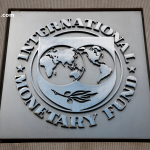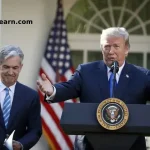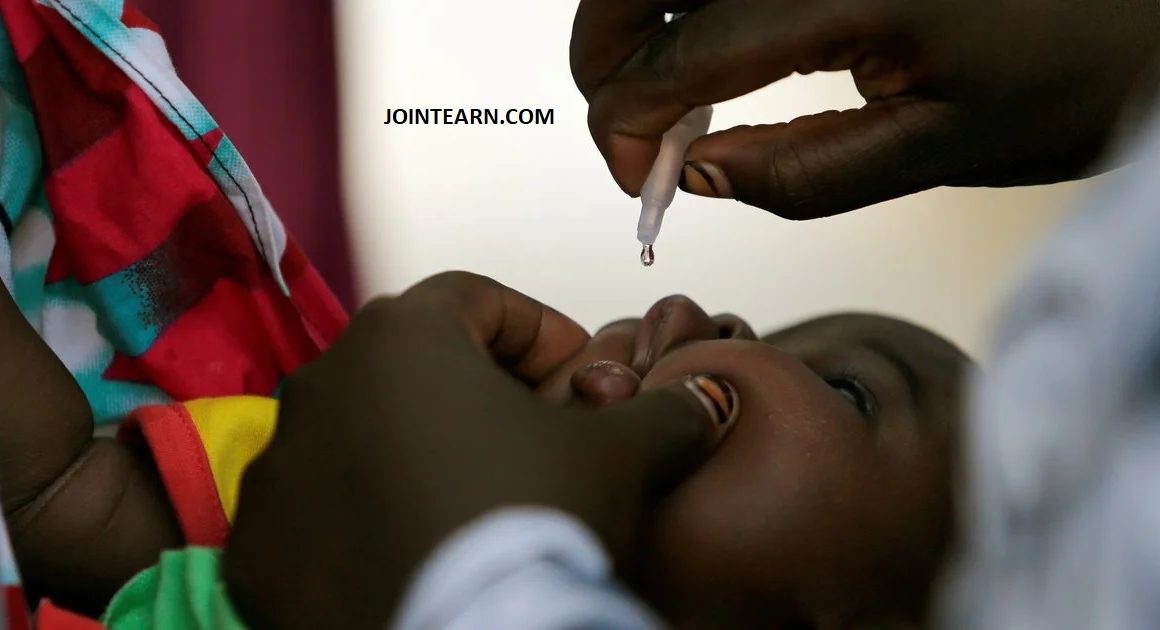The National Primary Health Care Development Agency (NPHCDA) has confirmed the detection of 17 new cases of circulating variant poliovirus type 2 (cVPV2) in 15 local government areas (LGAs) across Nigeria, raising fresh concerns about the country’s public health and immunization efforts.
The Executive Director of the agency, Dr. Faisal Shuaib, disclosed this during a press briefing in Abuja on Tuesday, warning that although Nigeria remains free of wild poliovirus, the resurgence of the vaccine-derived strain poses a significant challenge to eradication efforts.
“We have detected 17 cases of circulating variant poliovirus type 2 in 15 LGAs. These cases are from states with low routine immunization coverage, making them vulnerable to outbreaks,” Dr. Shuaib stated.
Background on Vaccine-Derived Poliovirus
Circulating variant poliovirus type 2 (cVPV2) arises in under-immunized communities when the weakened virus in the oral polio vaccine (OPV) mutates and regains the ability to spread and cause paralysis. This variant can pose similar risks as wild poliovirus, particularly in areas with poor sanitation and low immunization coverage.
Although Nigeria was declared free of wild poliovirus in August 2020, the country, like others in the region, has been battling the spread of cVPV2, especially in areas affected by insecurity, displacement, and weak health infrastructure.
States Affected and Risk Factors
While the NPHCDA did not publicly list all the affected local government areas, sources within the agency revealed that the variant cases were primarily found in the northern part of the country, including areas in Borno, Sokoto, Katsina, and Zamfara States, where routine immunization programs have been disrupted by conflict and banditry.
Dr. Shuaib highlighted some of the risk factors contributing to the resurgence, including vaccine hesitancy, misinformation, and difficulties in accessing remote and insecure communities.
“We are doing everything possible to reach children in hard-to-reach and conflict-affected areas. No child should be left unvaccinated, no matter where they live,” he added.
Response Strategy and Vaccination Campaigns
In response to the outbreak, NPHCDA has launched emergency immunization campaigns in the affected and high-risk LGAs. These campaigns involve house-to-house vaccination drives, deployment of mobile health teams, and strategic partnerships with traditional and religious leaders to improve vaccine acceptance.
The agency is also working closely with the World Health Organization (WHO), the United Nations Children’s Fund (UNICEF), and the Bill and Melinda Gates Foundation to strengthen surveillance, improve cold chain systems, and ensure that vaccines are effectively reaching target populations.
Dr. Shuaib noted that over 10 million doses of the novel oral polio vaccine (nOPV2), which is more genetically stable and less likely to mutate, have been deployed in the last six months across Nigeria.
“The introduction of nOPV2 is a game-changer. It gives us a better tool to interrupt transmission while reducing the risk of further variant outbreaks,” he said.
Community Engagement and Public Appeal
NPHCDA has emphasized the importance of community participation in the fight against poliovirus. Dr. Shuaib called on parents, caregivers, and guardians to ensure their children under the age of five receive all necessary doses of the polio vaccine.
“We cannot afford to be complacent. Every child vaccinated brings us one step closer to full eradication. Communities must support vaccination teams and dispel myths that undermine immunization efforts,” he urged.
The agency is also intensifying its public education campaigns through radio, television, and social media platforms to combat vaccine misinformation and encourage public trust in the health system.
Expert Reactions and Public Health Concerns
Public health experts have expressed concern over the detection of cVPV2 cases, warning that failure to act swiftly could reverse Nigeria’s hard-earned polio-free status. Dr. Amina Bello, a virologist at the University of Abuja, stressed the need for continuous investment in surveillance and immunization infrastructure.
“We’ve come a long way, but these variant outbreaks are reminders that polio eradication is not yet complete. We must not drop the ball, especially in vulnerable regions,” Dr. Bello said.
Health workers in some of the affected states have reported challenges in reaching certain communities due to insecurity and poor road networks. However, local health authorities are collaborating with security agencies to provide safe access for vaccination teams.
Looking Ahead
Despite the setback, NPHCDA remains optimistic that with increased community participation and international support, Nigeria can eliminate cVPV2 and sustain its wild polio-free status. Dr. Shuaib reaffirmed the federal government’s commitment to achieving total eradication and protecting future generations from the disease.
“We have overcome the wild poliovirus. We will defeat this variant, too — but we need the full cooperation of every Nigerian,” he concluded.












